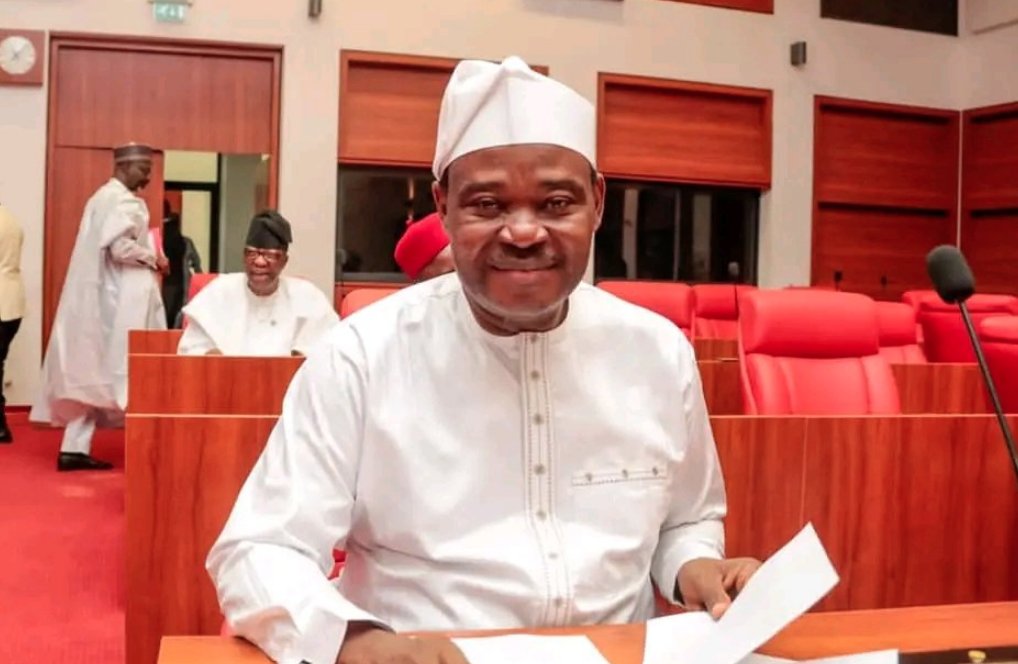


In a bold move, the Federal Government of Nigeria has publicly defied threats from President-elect Donald Trump regarding potential sanctions on countries that join BRICS, the economic alliance comprising Brazil, Russia, India, China, and South Africa. Nigeria, which recently became a partner country of BRICS, is actively pursuing full membership within the next two years [b342b832]. This decision aligns with Nigeria's broader strategy to diversify its economic partnerships and reduce reliance on traditional allies, particularly the United States.
The BRICS alliance is currently expanding its membership, having recently welcomed new members such as Egypt, Ethiopia, Iran, and the UAE. One of the group's primary objectives is to challenge the dominance of the US dollar in global trade by developing a new currency by 2025 [b342b832]. Alkasim Abdulkadir, Special Assistant to Nigeria's Foreign Affairs Minister Yusuf Tuggar, emphasized the country's commitment to strategic autonomy and economic diversification, reflecting Nigeria's historical stance on non-alignment and its advocacy for the democratization of global institutions [b342b832].
In a recent statement, Senator Jimoh Ibrahim clarified that President Bola Tinubu's participation in BRICS+ will not create tensions with a potential Trump administration. He noted that Tinubu's liberal democratic values align with US principles, suggesting that Nigeria can navigate its BRICS membership without conflict with the United States [3b639a9a]. This perspective highlights a potential for cooperation rather than confrontation, despite Trump's transactional foreign policy approach.
This move comes amid ongoing discussions about Nigeria's ambition to join BRICS, which some experts view as a necessary step to enhance its geopolitical influence and secure economic interests. However, critics, including Ochereome Nnanna, argue that Nigeria's late entry into BRICS and its reliance on foreign loans and expertise may render it a weak member [c672717e]. Nnanna has expressed concerns that Nigeria's leadership is seeking easy loans rather than focusing on internal economic productivity and independence.
As Nigeria navigates these complex dynamics, its firm stance against external pressures, such as those from Trump, highlights its determination to assert its place in the global economic landscape and pursue a more diversified foreign policy. The unfolding situation reflects both the challenges and opportunities that lie ahead for Nigeria as it seeks to redefine its role in international relations and economic development. Furthermore, with China increasing its influence in Africa and proposing trade in Yuan, Tinubu is reportedly negotiating for better terms, positioning Nigeria strategically amid the evolving global power dynamics between the US and China [3b639a9a].